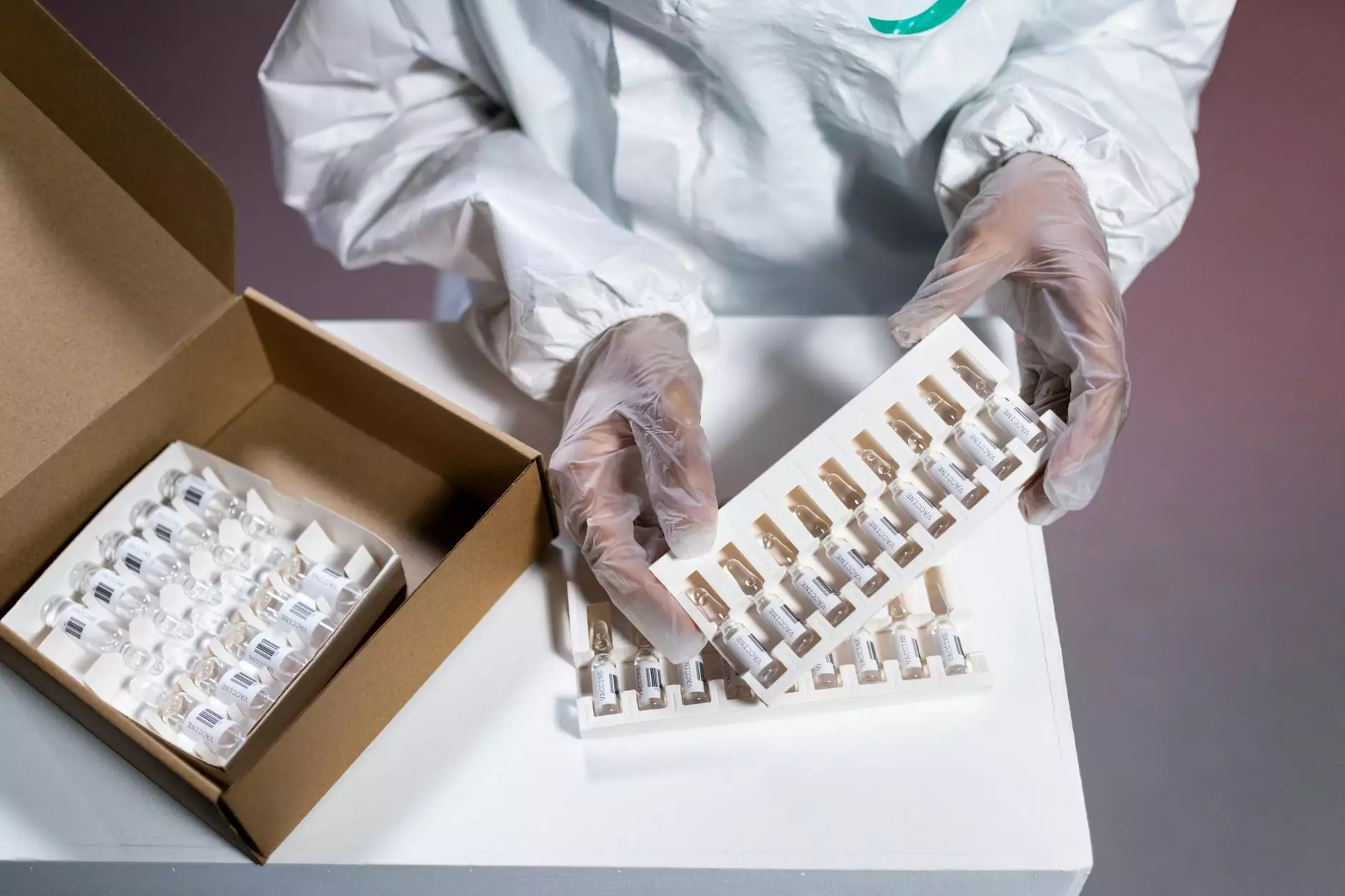The Evolution of Refrigeration Equipment Manufacturing

The field of refrigeration equipment manufacturing has evolved significantly over the past decades. With the increasing demand for efficient and reliable cooling solutions across various industries, manufacturers are relentlessly innovating. From the preservation of food in supermarkets to the climate control in large facilities, refrigeration plays a crucial role in modern society.
Understanding Refrigeration Equipment
At its core, refrigeration equipment is designed to remove heat from a designated area, thereby lowering its temperature. This technology is pivotal for:
- Commercial Refrigeration: Used in supermarkets, convenience stores, and food service establishments to keep perishables fresh.
- Industrial Refrigeration: Used in manufacturing and processing facilities to ensure products remain at optimal temperatures during production.
- Air Conditioning: Maintains comfortable indoor climates in residential and commercial buildings.
- Transport Refrigeration: Keeps goods at viable temperatures during transportation, ensuring their quality upon arrival.
Key Features of Refrigeration Equipment
When evaluating refrigeration equipment, several key features should be taken into account:
- Energy Efficiency: Modern systems are designed to consume less energy while providing maximum cooling, reducing operational costs.
- Reliability: High-quality refrigeration systems must offer reliable performance to prevent product spoilage.
- Advanced Technology: Incorporation of smart technology allows for remote monitoring, diagnostics, and maintenance, enhancing user experience.
- Environmental Friendliness: Current regulations demand that manufacturers focus on eco-friendly refrigerants and sustainable practices.
Trends Shaping the Refrigeration Equipment Industry
The refrigeration equipment manufacturing sector is not stagnant; it adapts and evolves in response to technological advancements and market demands. Some of the key trends include:
1. Sustainability and Eco-Conscious Design
As environmental concerns become increasingly prevalent, manufacturers are prioritizing sustainable materials and eco-friendly refrigerants. This trend not only helps in compliance with regulations but also appeals to a growing base of eco-conscious consumers.
2. Smart Refrigeration Technology
With the advent of the Internet of Things (IoT), refrigeration systems are becoming smarter. This technology allows for improved monitoring and predicts maintenance needs, thus preventing expensive breakdowns and ensuring efficiency.
3. Customization and Flexible Solutions
Every business has distinct refrigeration needs. As a result, manufacturers are increasingly offering customizable solutions that cater to specific business requirements, improving both functionality and efficiency in operations.
Choosing the Right Refrigeration Equipment Manufacturer
Choosing the right refrigeration equipment manufacturer is crucial. Here are some factors to consider:
- Experience: Look for manufacturers with a proven track record in the industry. Experience often translates to reliability and quality.
- Innovation: A manufacturer that continually invests in R&D is more likely to offer cutting-edge equipment that meets market demands.
- Customer Support: Comprehensive after-sales service is essential for the long-term performance of refrigeration equipment.
- Cost Efficiency: While price is important, consider the total cost of ownership, including operational costs, maintenance, and energy consumption.
The Future of Refrigeration Equipment Manufacturing
As we look towards the future, the refrigeration equipment manufacturing industry is poised to undergo further transformations. Innovations in technology, increasing environmental regulations, and the global emphasis on sustainability will drive the industry forward.
Advancements in Refrigeration Technology
Future advancements may include:
- AI and Machine Learning: Integrating AI to manage and optimize refrigeration processes will enhance efficiency and reduce energy consumption.
- Distributed Refrigeration Systems: These systems will allow for greater energy efficiency by decentralizing the refrigeration process.
- Greener Refrigerants: Ongoing research into alternative refrigerants will provide safer and more environmentally friendly options.
Industry Challenges and Solutions
Despite its significant growth, the industry faces challenges such as:
- Regulatory Compliance: Navigating the complex landscape of regulations regarding safety and environmental impact can be challenging. Manufacturers must stay informed and adapt accordingly.
- Supply Chain Disruptions: Global events can impact the availability of raw materials. Diversifying supply sources can mitigate these risks.
- Technological Adaptation: Companies need to invest in technology training for their workforce to remain competitive in a rapidly changing market.
Case Studies: Successful Refrigeration Equipment Manufacturing
Examining successful players in the refrigeration equipment manufacturer industry can provide insights into best practices:
Case Study 1: First Cold Chain
First Cold Chain is a notable example of innovation in refrigeration. The company has embraced technology and sustainability by developing energy-efficient refrigeration units that also utilize eco-friendly refrigerants. By focusing on both customer needs and environmental impact, First Cold Chain has established itself as a leader in the industry.
Case Study 2: Global Cooling Solutions
Global Cooling Solutions has made strides in smart refrigeration technology integration. Their IoT-enabled systems allow users to monitor temperatures in real-time, reducing waste and energy use significantly. Their focus on customer service and reliable support has earned them a loyal customer base.
The Bottom Line
In conclusion, the role of refrigeration equipment manufacturers is pivotal across multiple industries. As a foundation for food safety, comfort, and operational efficiency, the advancements and innovations in this sector will continue to shape our world. The importance of choosing a reputable manufacturer cannot be overstated; making the right decision can lead to substantial long-term benefits.
For businesses looking to enhance their refrigeration capabilities, understanding the dynamics of the refrigeration equipment manufacturer landscape is critical. By prioritizing quality, efficiency, and sustainability, companies can not only meet current demands but also future-proof their operations against evolving industry challenges.
Final Thoughts
The future is bright for the refrigeration equipment manufacturing industry. With sustained innovation and commitment to excellence, manufacturers will continue to redefine cooling technologies, preserving not only goods but also the environment.









